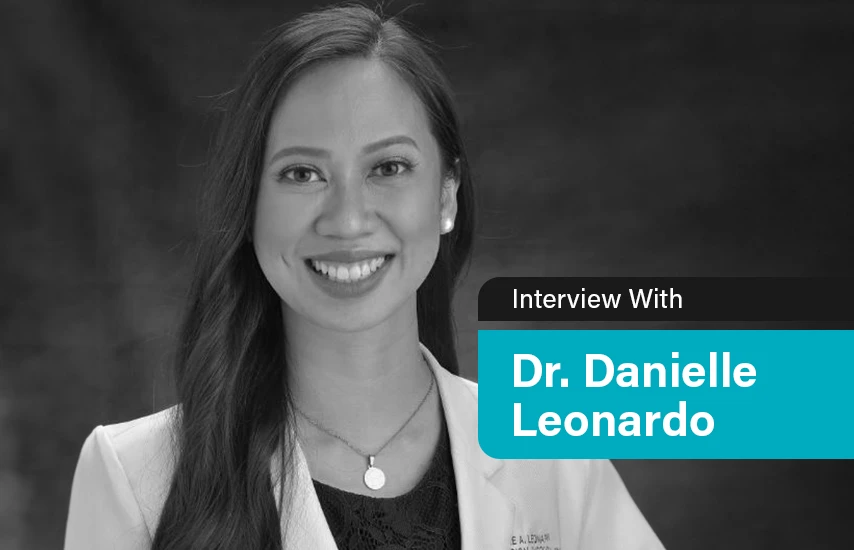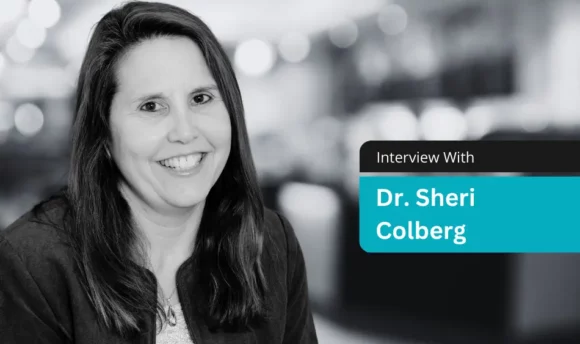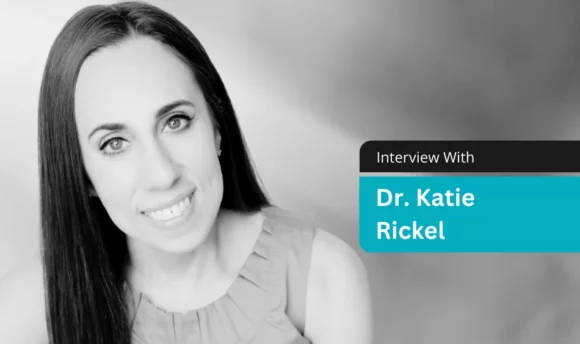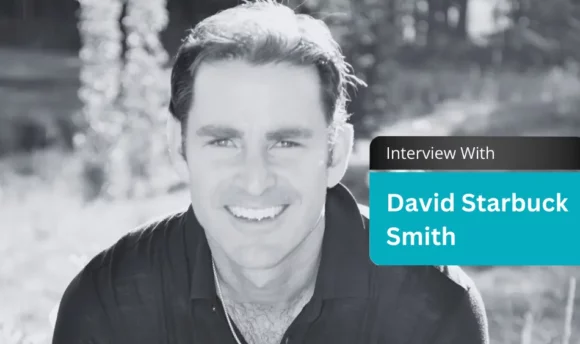Interview With Dr. Danielle Leonardo: “Emotional support is vital for newly diagnosed breast cancer patients”
We invited board-certified Internal Medicine and Medical Oncology specialist Dr. Danielle Leonardo to speak about the latest advancements in cancer research.

To find out more about the latest advancements in cancer research, we invited Dr. Danielle Leonardo, a board-certified Internal Medicine and Medical Oncology specialist.
In this interview, Dr. Leonardo shares her views on the importance of emotional support for the newly diagnosed, how to overcome the biggest challenges of being diagnosed with breast cancer, and the role of AI in her field.
What has your professional journey been like? How did it all start?
I realized I wanted to go into oncology during my second year of internal medicine residency. I was drawn to cancer patients because they are patients who are faced with the reality that life is finite. As a physician, it makes you more grounded and less attached to the temporary things in life. I knew these were the types of patients I wanted to work with for the rest of my medical career. There is also a sense of fulfillment when you are able to provide comfort to the patient and their family members, which is more rewarding than monetary gain. The study of oncology, its genomic origins, and the rapid developments in cancer treatment are also very interesting and exciting to me.
Can you tell us about MyBCTeam? What are the main challenges that you help to navigate?
MyBCTeam is an online social network under MyHealthTeam. MyBCTeam is a network of breast cancer patients of all tumor types, stages, and treatment phases across the United States. This is an online platform for past/present breast cancer patients to post questions for discussion or present new information for patients to access. It is like a virtual support group that helps address social isolation from the disease and fear of the unknown in terms of diagnosis, treatment, and prognosis. It also helps connect patients across states.
How important is emotional support for newly diagnosed people?
Emotional support is essential in the treatment of newly diagnosed breast cancer patients. Upon diagnosis, a patient goes through a whirlwind of feelings of anger, denial, depression, and despair. The support of family members and other loved ones is what anchors patients and drives them through their treatments. A patient’s support system gives them a sense of purpose as to why they should continue the fight against cancer. It is very important that a patient never feels that they are going through this alone.
What are some of the main breast cancer symptoms that often go overlooked?
A small lump in the breast or underarm is the most overlooked symptom of breast cancer. Because it often does not cause pain, some patients do not feel the urgency to have it checked. The mass will naturally grow in size and cause skin changes such as nipple retraction, ulceration, or redness and edema. Only then do patients seek medical attention.
In rare cases, symptomatic metastatic disease is the first presenting sign of breast cancer. Patients may experience constant bone pain, difficulty breathing, or perhaps liver problems, only to find out that these are metastatic tumors from occult (hidden) breast cancer.
With AI technology becoming more accessible, many people have started to turn to ChatGPT for answers to their medical questions. What do you think about this approach?
In a positive way, I think this is a new platform where patients can be empowered to make decisions based on available information. I would assume that the AI technology is backed up by evidence-based information and, therefore, can give more sound advice than fake and misleading websites about “unproven” alternative therapies. I myself have tried using ChatGPT to get a glimpse of what patients will read when they ask medical questions through the platform, and so far, the explanations have been accurate.
Because patients have already read about the disease online, it usually allows for an easier and more in-depth discussion about diagnosis and treatment options. Rather than receiving one-sided information from the doctor, they are able to understand for themselves and then ask their own questions and discuss them with their physician.
How do you keep up with the latest advancements in oncology? Do you see AI playing a significant role in your field as well?
I am very active in our local oncology society. I make sure to attend continuing medical education meetings and lectures to learn about new breakthroughs in cancer treatment. I also subscribe to various international organizations (such as the American Society of Clinical Oncology [ASCO] and the European Society of Medical Oncology [ESMO]) that send me regular newsletters on the latest developments.
I believe that AI will soon play a very big role in oncology. I know that AI is now being used to detect early signs of cancer in CT scans long before the disease manifests itself. Scientists are also exploring the possibility of using AI to detect cancer-causing gene mutations in the blood, which would facilitate early diagnosis and treatment for future patients. AI may also play a role in risk stratification and prognosis for cancer patients based on tumor type, genetic makeup, response to treatment, family history, and more. It is very exciting indeed!
Are there any breakthroughs in breast cancer treatment? Could you share them with our readers?
There have been many breakthroughs in breast cancer treatment over the past 3–5 years. For each tumor type, there are new treatment options that have been shown to prolong survival and reduce the risk of recurrence. Here are a few examples:
For ER/PR (hormone-) positive breast cancer: Oral pills called CDK4/6 inhibitors are now available for stage IV disease. These are usually taken with your letrozole and have been shown to improve survival in the first- or second-line setting. Oral tablets (olaparib) can also be given to patients with BRCA1/2 mutations in the first-line setting, even in cases of visceral crisis.
For Her2Neu-positive breast cancer: New anti-Her2 medications are also available to prolong survival in metastatic breast cancer. After resistance to trastuzumab/pertuzumab, new targeted therapies have shown very impressive survival data. These are your T-DM1 and T-DXd.
For triple-negative breast cancer: Immunotherapy has been shown to improve disease control and survival in both localized and metastatic stages.
What’s the bottleneck in the current medical system? What advancements and innovations in healthcare do you hope to see in the near future?
Even with the rapid evolution of treatments, the challenge still lies in patient accessibility. What proportion of breast cancer patients have easy access to these medications? When they do have access, how much do patients have to spend out of pocket? The biggest bottleneck in healthcare is patient access and affordability.
As with lung cancer treatment, I hope that breast cancer treatment can be further individualized based on individual gene expression. But until new drugs are developed to target these mutations, this concept will have to wait.
Tell us about the future of MyBCTeam. What will it look like?
MyBCTeam envisions creating more empowered patients who are more proactive in their cancer care. Not only can the platform foster honest communication among patients, but we hope it can also improve communication with various healthcare providers. It can also be a medium for efficient and effective patient navigation, leading to better disease outcomes for our breast cancer patients.

















































 Select your language:
Select your language: 








